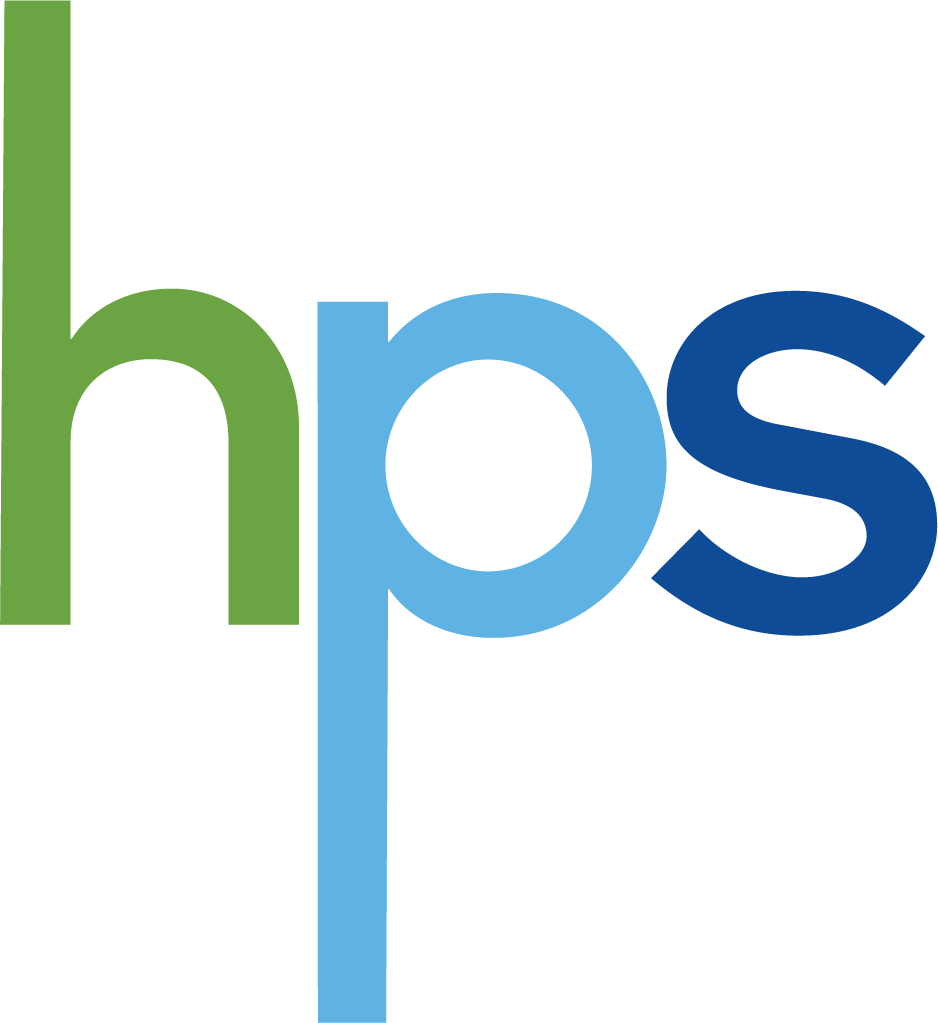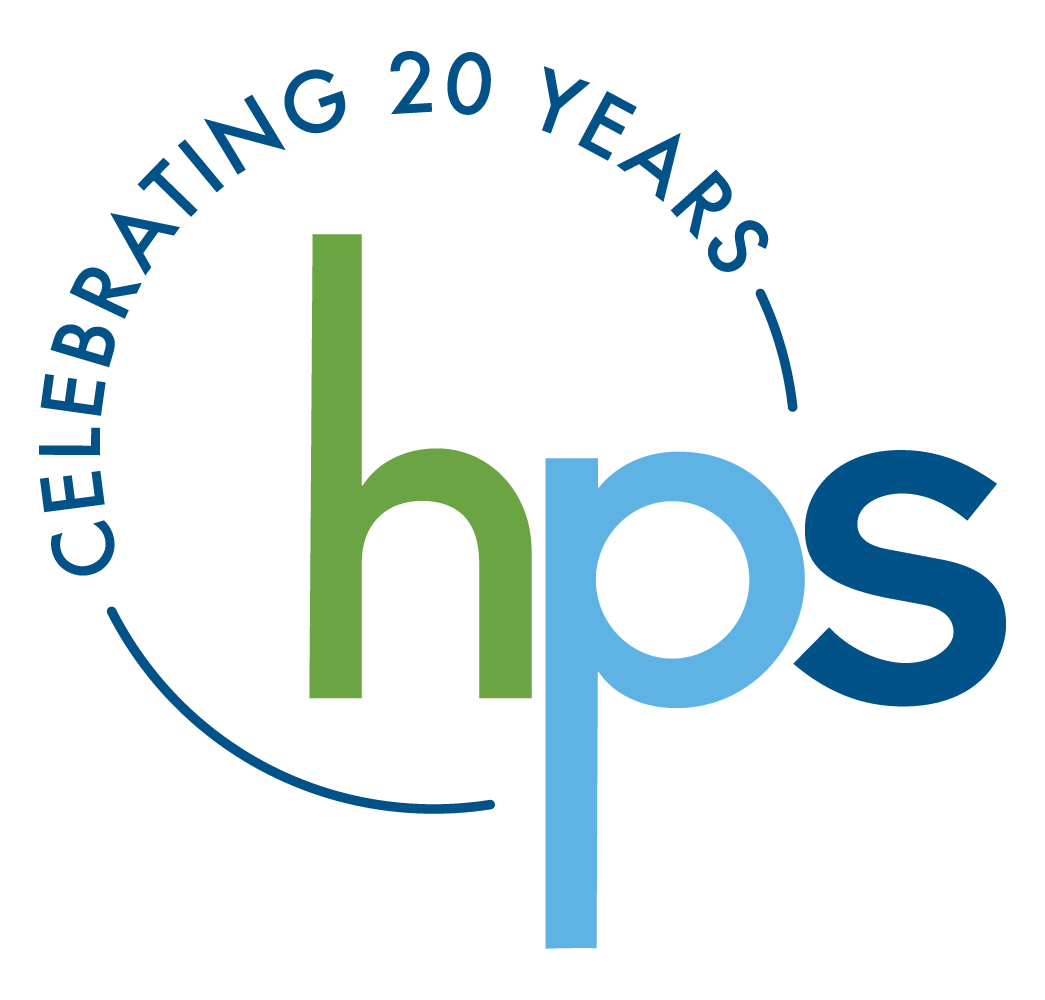Drug Sample Distribution to Patients' Home Amid COVID-19
Drug Sample Distribution to Patients' Home Amid COVID-19
As a result of the Coronavirus Disease 2019 (COVID-19) public health emergency, the Food and Drug Administration (FDA) has been actively promulgating nonbinding recommendations to address a litany of issues that have surfaced in the wake of the global pandemic.1 Notably, to address the amorphous nature of the novel issues surfacing during this public health emergency, the FDA’s guidance is being immediately implemented without public participation. However, such guidance remains subject to public comment pursuant to the FDA’s good guidance practice.2 Moreover, as the FDA’s guidance is nonbinding, businesses are nevertheless permitted to use alternative approaches so long as the alternative practice adheres to the requirements of all applicable statues and regulations.
In June, the FDA promulgated a temporary policy related to the Prescription Drug Marketing Act’s (PDMA) requirements regarding the distribution of drug samples3 during the current public health emergency. In accord with the FDA’s guidance, this policy is to remain in effect for the duration of the public health emergency.
Contrary to the common practice of manufacturers prior to the COVID-19 public health emergency, whereby drug samples were typically delivered in person by sales representatives, the recent implementation of stay-at-home orders and social distancing guidelines has transformed the landscape of drug sample marketing. In turn, manufacturers have been forced to frequently rely on mail and common carriers to deliver drug samples.
Under the PDMA, drug samples may be distributed by a manufacturer, or its authorized distributor of record, to a practitioner licensed to prescribe the drug that is to be sampled, or at the written request of a licensed practitioner,4 to the pharmacy of a hospital or other health care entity,5 by mail or common carrier, provided certain requirements are satisfied.6 These conditions require, among other things, that the licensed practitioner submit a written request for drug samples to the manufacturer or authorized distributor of record that contains the name, address, professional title, and signature of the licensed practitioner making the request.7
Additionally, the PDMA regulates receipt requirements on behalf of the recipient. When samples are delivered to the licensed practitioner who requested them, or the practitioner’s designee, the receipt is required, among other things, to contain the name, address, professional title, and signature of the licensed practitioner or the practitioner’s designee who acknowledges receipt of the samples.8 Likewise, if the samples are delivered to the pharmacy of a hospital or other health care entity at the request of a licensed practitioner, the receipt is again required to contain, among other things, the name, address, professional title, and signature of the person acknowledging receipt of the samples.9
However, in light of the COVID-19 public health emergency, licensed practitioners are less frequently meeting with patients face-to-face in person at their usual place of practice. Instead, secure telemedicine tools, such as doxy.me and Microsoft Teams, are being utilized to bridge the physical gap between patient and practitioner to ensure patients receive the care and treatment they require, including the receipt of drug samples. Correspondingly, licensed practitioners have begun to request that manufacturers or an authorized distributor of record send drug samples directly to a patient’s home.
In response to this novel issue, at this time and throughout the declared public health emergency, the FDA does not intend to take action against manufacturers or authorized distributors of record that deliver samples to a specified patient’s home via mail or common carrier so long as the written request by the licensed practitioner is completed in accordance with the requirements of 21 CFR 203.30(a)(1) and the designated recipient of the delivery of the drug samples, the patient, has been properly identified as the licensed practitioner’s designee. Furthermore, the receipt of the drug samples must still satisfy the documentation requirements pursuant to 21 CFR 203.30(a)(3) and (4). Finally, other applicable requirements, such as recordkeeping, must be satisfied by the manufacturer or authorized distributor of record in accordance with the PDMA and the FDA’s regulations under 21 CFR part 203.10
The novel approach of permitting the distribution of drug samples to individual patients is an unprecedented response to the global pandemic and current public health emergency in the United States and presents new and ever-changing compliance hurdles for manufacturers and distributors alike. For additional information related to the FDA’s industry guidance regarding its temporary policy on the PDMA, please contact Ann Ford, Jonquil Whitehead or your Hall Prangle + Schoonveld relationship attorney.
The information contained in this article is accurate only as of the date of publication as government guidance and orders are subject to change daily throughout the public health emergency. As such, please consult legal counsel for up-to-date guidance with respect to compliance issues as they relate to the ever-evolving COVID-19 legal environment.
1 To search all of the FDA’s Guidance Documents for regulatory guidance applicable to your business, please visit: https://www.fda.gov/regulatory-information/search-fda-guidance-documents
2 Written comments can be submitted to the Dockets Management Staff (HFA-305), Food and Drug Administration, 5630 Fishers Lane, RM. 1061, Rockville, MD 20852. Electronic comments can also be submitted to https://www.regulatinos.gov. Please note, all comments related to this subject should be identified with the docket number “FDA-2020-D-1136” and accompanied by the complete title of the guidance in the request.
3 Drug sample, as defined in 21 CFR 203.3(i), means a unit of a prescription drug that is intended to promote the sale of the drug, i.e. not intended to be sold.
4 Licensed practitioner, as defined in 21 CFR 203.3(r), means any person licensed or authorized by State law to prescribe drugs.
5 See 21 CFR 203.30(q).
6 See FD&C Act § 503(d)(2)(A) (21 U.S.C. 353(d(2)(A)); 21 CFR 203.30(a).
7 21 CFR §203.30(a), (b).
8 See id. §203.30(c)(1)
9 See id. §203.30(c)(2)
10 See “Temporary Policy on Prescription Drug Marketing Act Requirements for Distribution of Drug Samples During the COVID-19 Public Health Emergency”, available at https://www.fda.gov/regulatory-information/search-fda-guidance-documents/temporary-policy-prescription-drug-marketing-act-requirements-distribution-drug-samples-during-covid


